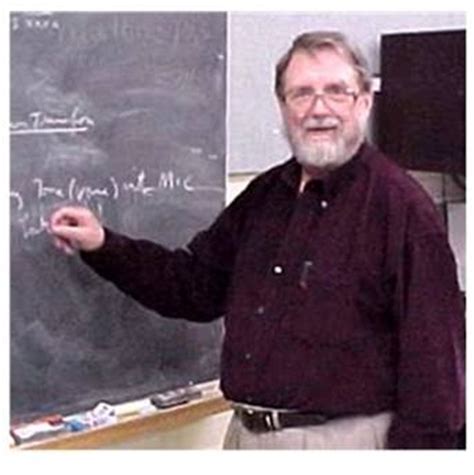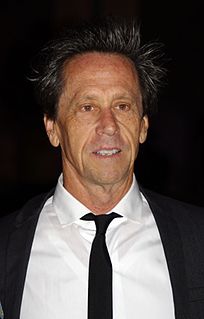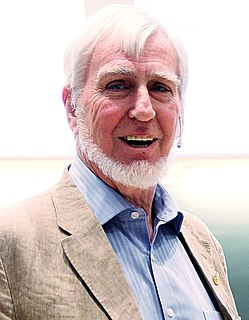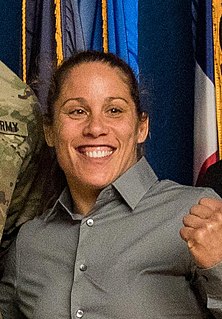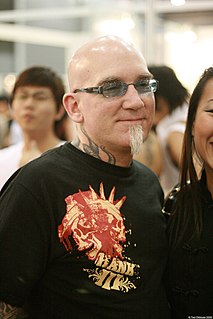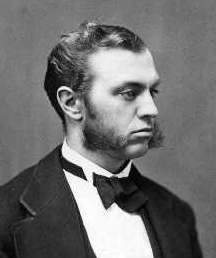A Quote by David Douglass
It is disappointing and embarrassing to the science profession that some Nobel Laureates would deliberately use their well deserved scientific reputations and hold themselves out as experts in other fields.
Related Quotes
Being interested in other fields and meeting experts outside entertainment - whether it's a two-hour conversation with John Nash that turns into 'A Beautiful Mind' or talking to people in architecture or fashion, CIA directors or Nobel laureates - has given me a better sense of which ideas feel authentic and new.
How is it that, in the face of overwhelming scientific evidence, there are still some who would deny the dangers of climate change? Not surprisingly, the loudest voices are not scientific, and it is remarkable how many economists, lawyers, journalists and politicians set themselves up as experts on the science.
Here's the scientific community saying, fundamentally, "If we don't change our ways, we're screwed." And they got no attention at all. Even though the Union of Concerned Scientists put out this statement which was signed by more than half of all the Nobel laureates in science and another 1,500 distinguished scientists.
Written in 1895, Alfred Nobel's will endowed prizes for scientific research in chemistry, physics, and medicine. At that time, these fields were narrowly defined, and researchers were often classically trained in only one discipline. In the late 19th century, knowledge of science was not a requisite for success in other walks of life.
Another of the qualities of science is that it teaches the value of rational thought, as well as the importance of freedom of thought; the positive results that come from doubting that all the lessons are true... Learn from science that you must doubt the experts. As a matter of fact, I can also define science another way: Science is the belief in the ignorance of experts.
Krugman has been a columnist for the Times for a long enough time, covering a sufficient variety of political events, for us to deduce that he is a political nitwit. Other Nobel laureates have been nitwits, for instance, Bertrand Russell. There are a lot of political nitwits in this world. Perhaps the Times could give Krugman a cooking column. He would be its Nobel Prise-winning cooking columnist.
...while science gives us implements to use, science alone does not determine for what ends they will be employed. Radio is an amazing invention. Yet now that it is here, one suspects that Hitler never could have consolidated his totalitarian control over Germany without its use. One never can tell what hands will reach out to lay hold on scientific gifts, or to what employment they will be put. Ever the old barbarian emerges, destructively using the new civilization.
The fundamental characteristic of the scientific method is honesty. In dealing with any question, science asks no favors. ... I believe that constant use of the scientific method must in the end leave its impress upon him who uses it. ... A life spent in accordance with scientific teachings would be of a high order. It would practically conform to the teachings of the highest types of religion. The motives would be different, but so far as conduct is concerned the results would be practically identical.
